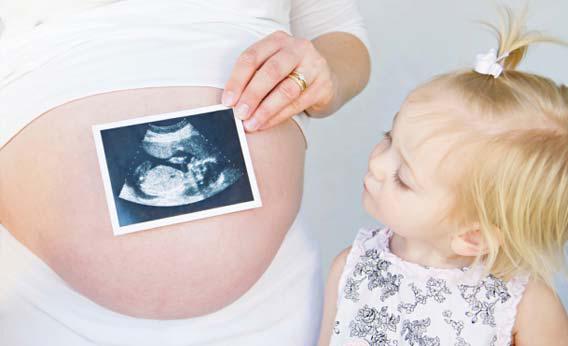On Nov. 8, Mississippians will vote on a constitutional amendment that would declare, for legal purposes, that a fertilized human egg is an actual person. The primary goal of the amendment, conceived and pushed by pro-life activists, is to bar all abortion in Mississippi, as well as the kinds of birth control that affect fertilized eggs. But the legal implications are much more profound: The amendment, writes the New York Times, “effectively brand[s] abortion and some forms of birth control as murder,” raising the possibility that doctors and even expectant women could be prosecuted for ending pregnancies.
The amendment is expected to pass, but it would face immediate legal challenges, and is unlikely to survive intact. Still, it made us wonder about the weirder legal, political, and cultural effects of declaring embryos to be fully human. (Mississippi is not first to this idea: Philip Roth’s satiric 1971 novel Our Gang was inspired by a Richard Nixon quote declaring that the unborn are legal people.)
My Slate colleagues and I spent a few minutes imagining some of the possibilities raised by the Mississippi amendment. We came up with some interesting ideas (see below), but we bet you come up with even better ones: Please add them in the comments section at the end of the article, and we’ll write a follow-up about some of your best notions.
Here are some of the questions we came up with:
1. If you are legal person at fertilization, does that mean you could drink at 20 years and three months? Could you drive at 15 and three months? Could you vote at age 17, and collect Social Security at 64?
2. For legal purposes, would your birthday still be your “birth” day? Or your fertilization day?
3. Could you get a tax deduction for your dependent embryo?
4. Could you post ultrasound photos of your fetus (naked) on Facebook? Or would that be child pornography?
5. Could you arrest women for smoking or drinking while pregnant? Could the state file a child abuse case against a mother who didn’t wear a seatbelt or otherwise endangered her fetus?
6. Would you be an American citizen if you were conceived in Mississippi but born elsewhere? Could there be “anchor babies” whose parents come to the United States, have sex, and then return home to Mexico for their baby’s birth?
7. What about ectopic pregnancies? If the embryo is not removed, it could kill the mother. Should the mother or the doctor be prosecuted for manslaughter if they remove it? Maybe it would be fairer to prosecute the embryo. If the fertilized egg is a person, isn’t that person trying to commit murder-suicide?
8. What about freezing fertilized embryos? Would that be allowed? And why? If you’re freezing an embryo indefinitely, isn’t that effectively imprisoning it? We don’t freeze people.
9. If a doctor doesn’t take all possible steps to stop a miscarriage, would that be manslaughter?
10. How would you determine the date of conception?
11. If a woman eats food contaminated by Listeria and miscarries, could the agribusiness be prosecuted for murder?
12. If you move to Mississippi from another state, would you legally be a year older?
13. How would it affect the census?
14. What would happen to astrological signs? Would I no longer be an Aquarius?
Please add your question to the comments section below.
